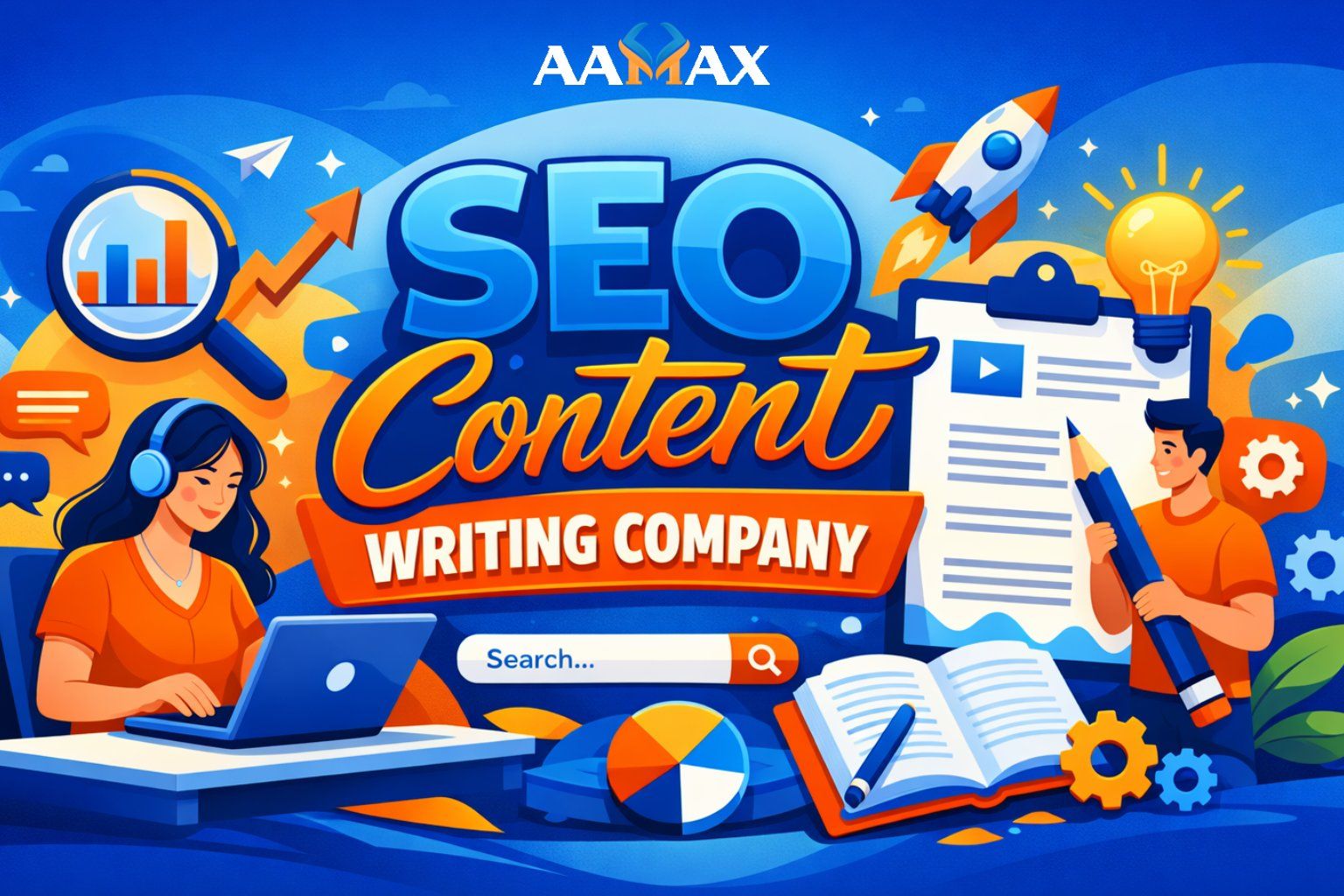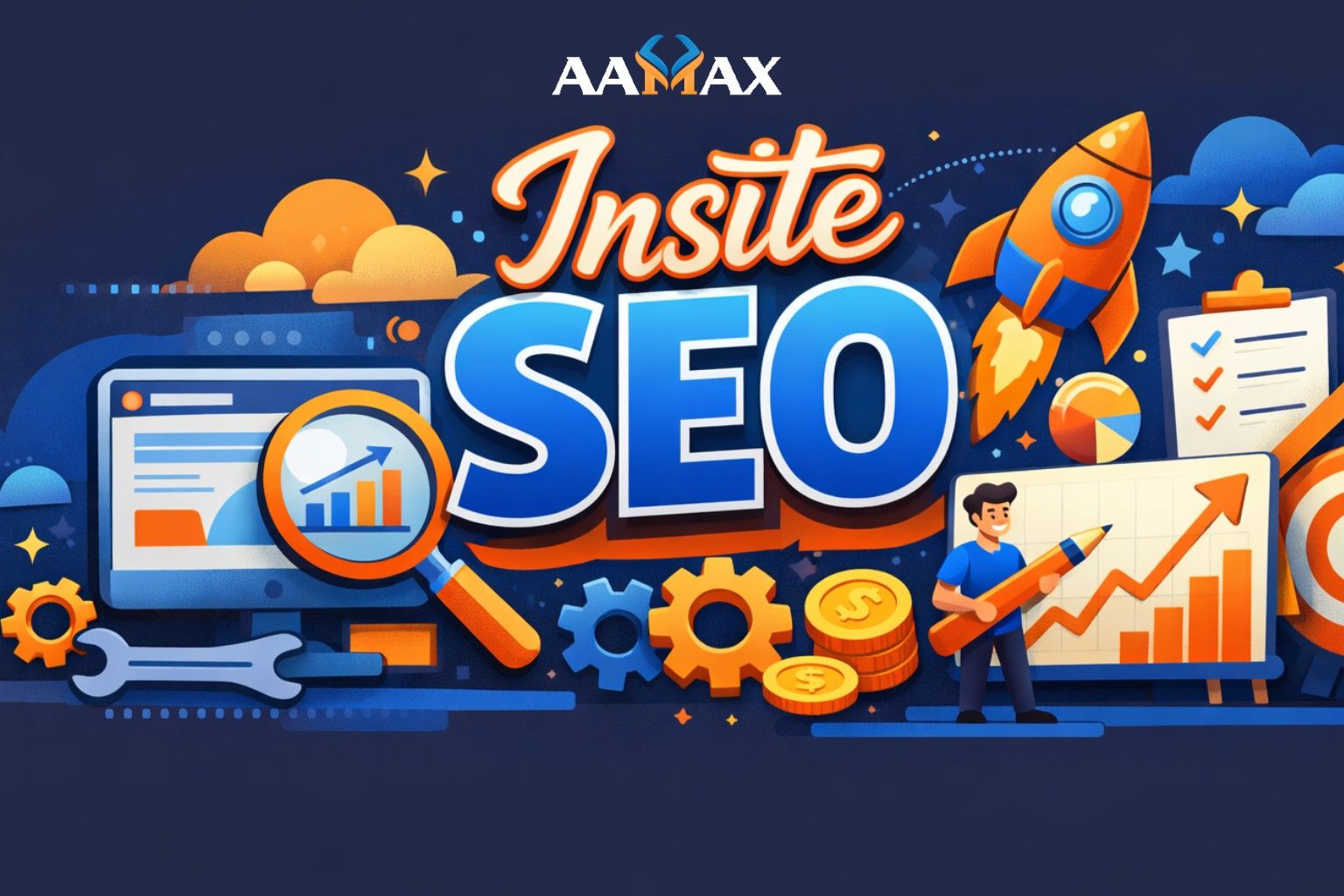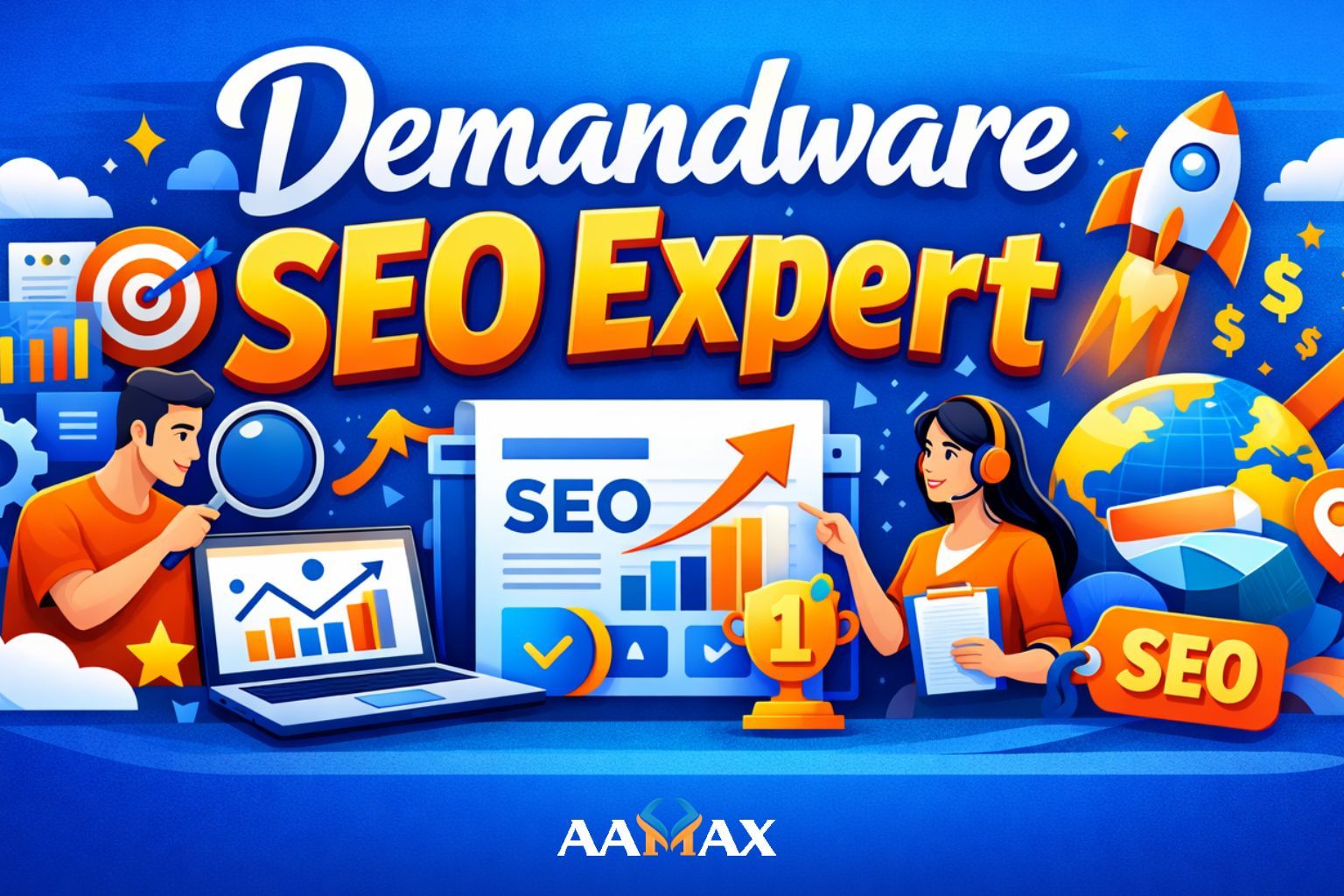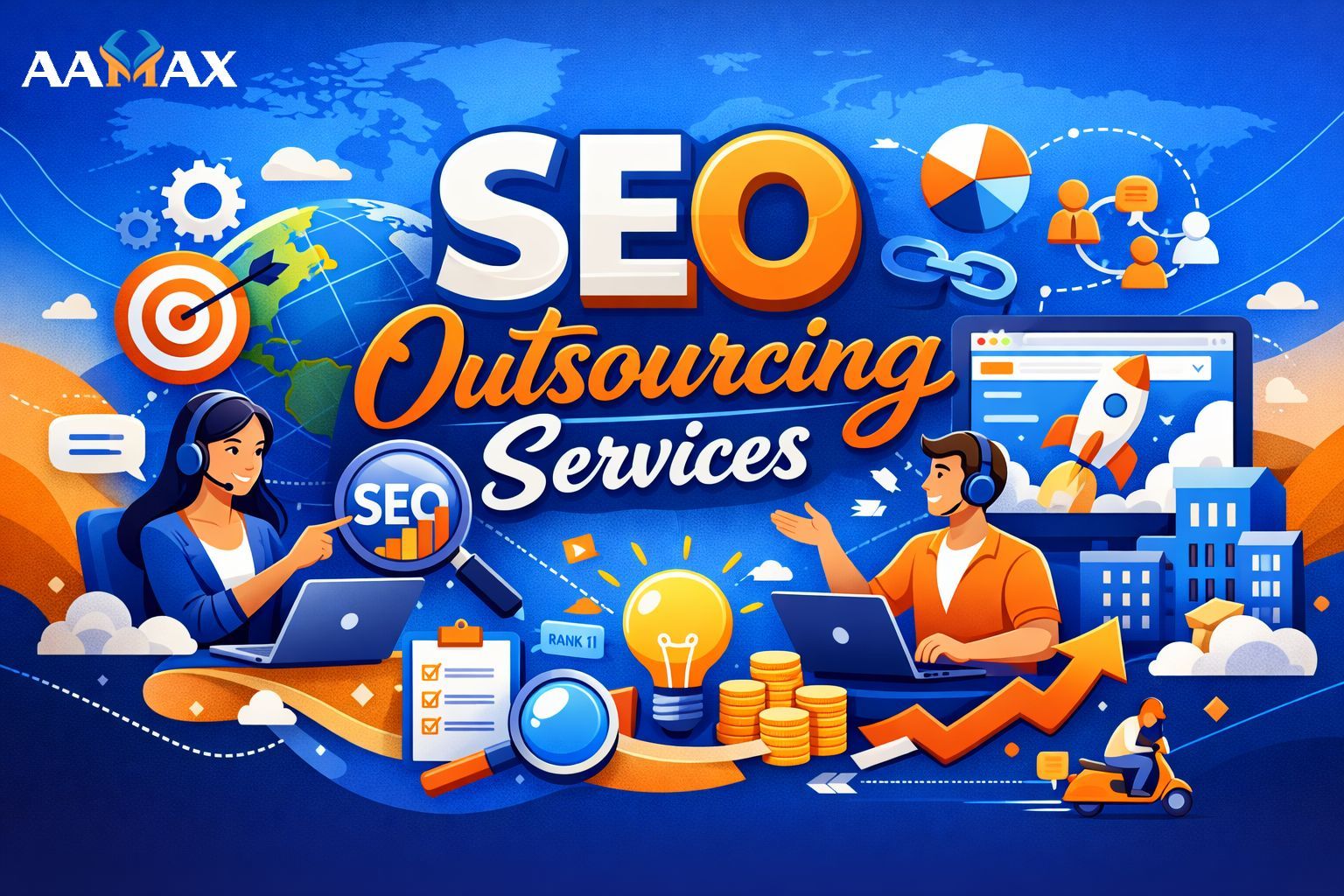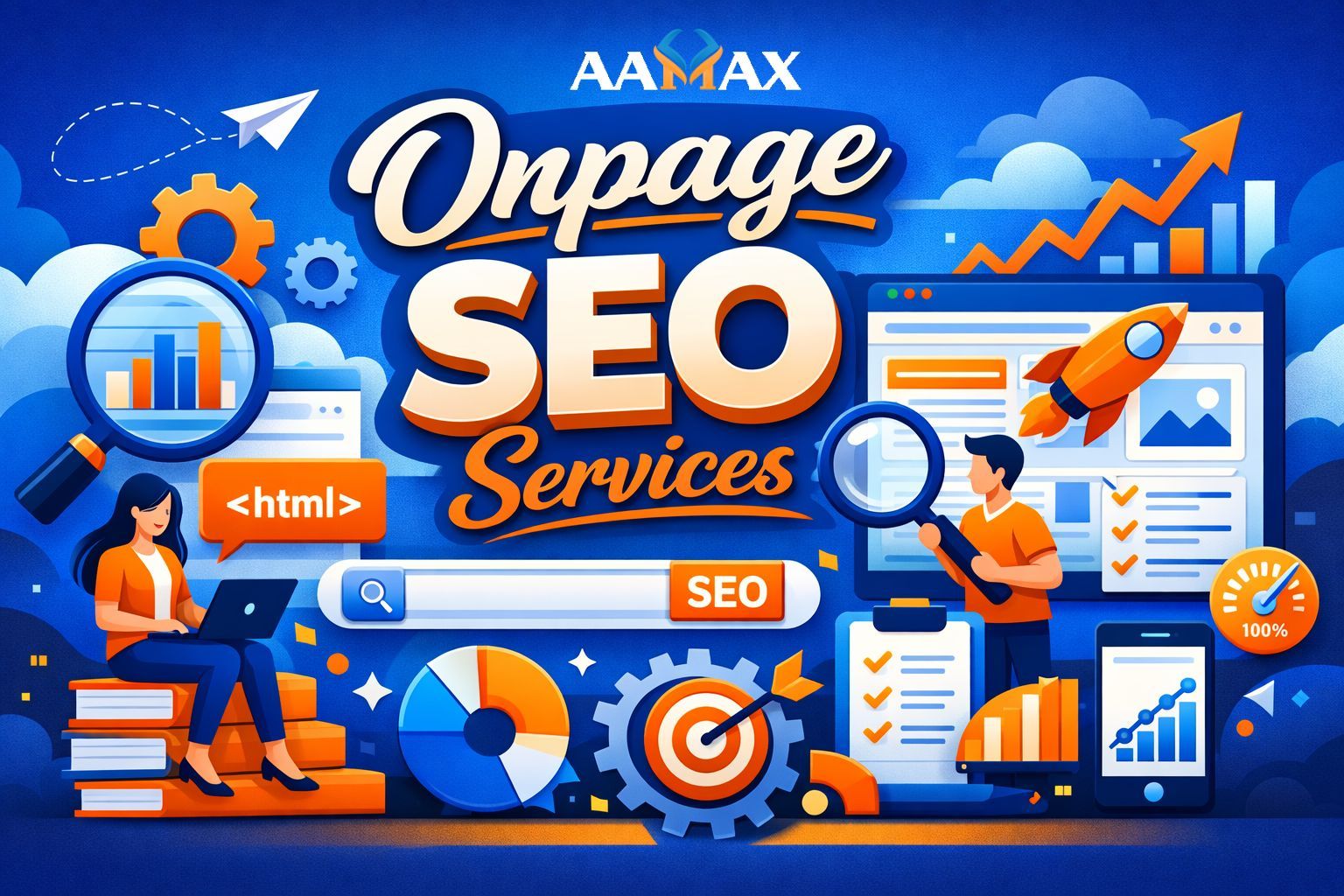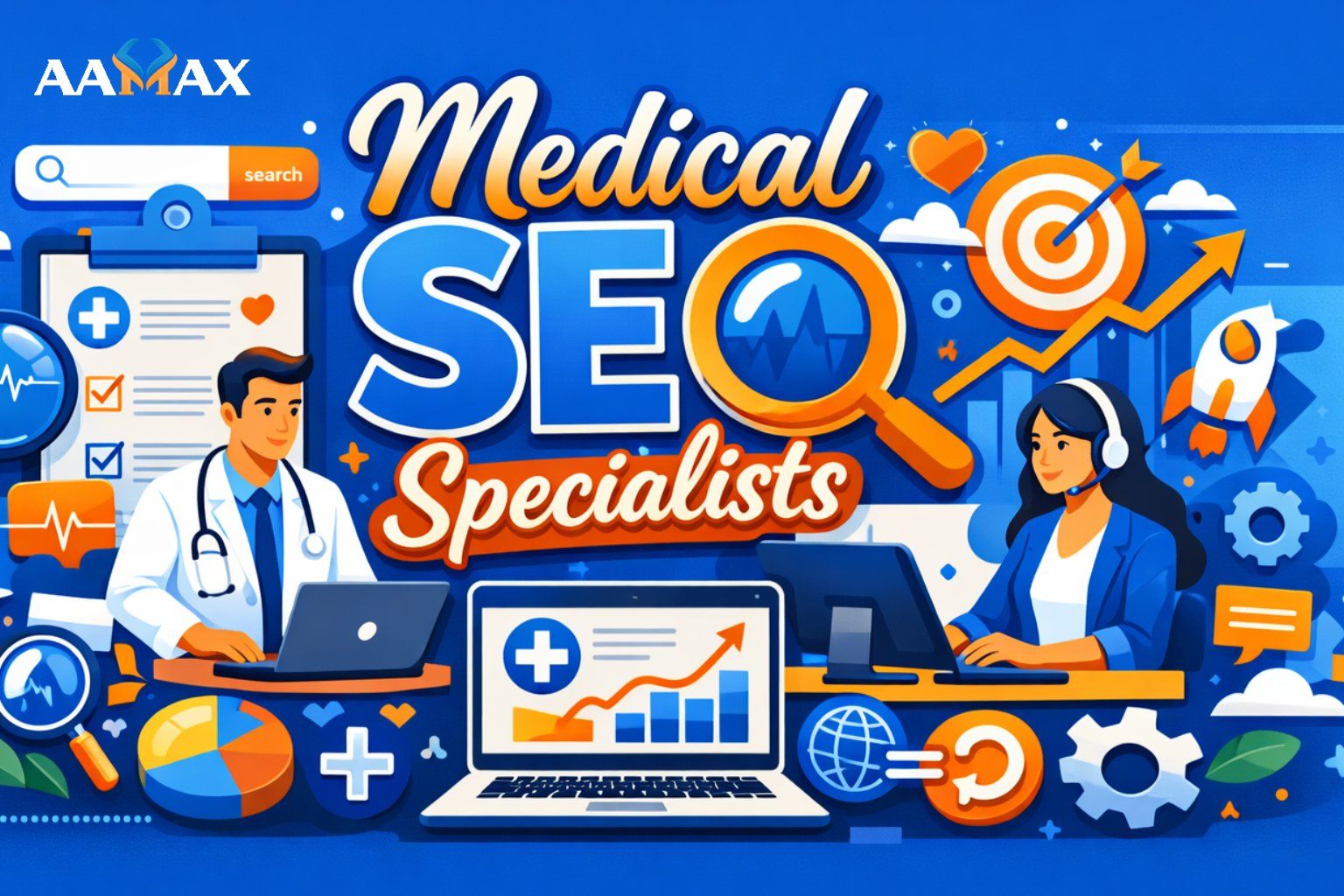![How Does PPC Work on Google? [+5 Ways to Rank Better]](https://res.cloudinary.com/dmkou0hmb/image/upload/v1760349679/How_Does_PPC_Work_on_Google_5_Ways_to_Rank_Better_ad0a3016d6.jpg)
How Does PPC Work on Google? [+5 Ways to Rank Better]
When it comes to online advertising, Google Ads (Pay-Per-Click or PPC) stands out as one of the most powerful ways to drive targeted traffic, generate leads, and increase sales. Businesses across the world use PPC campaigns to reach customers exactly when they’re searching for specific products or services. But while many marketers use PPC, few truly understand how it works — or how to rank better and reduce costs at the same time.
In this in-depth guide, we’ll break down how PPC works on Google, explain the underlying mechanics behind ad placement and bidding, and share 5 proven strategies to help you rank higher and perform better in Google Ads.
What Is PPC Advertising?
PPC (Pay-Per-Click) advertising is a digital marketing model where advertisers pay a fee each time someone clicks on their ad. Instead of earning visits organically (as in SEO), you can buy visits through paid placements. Google Ads, the world’s largest PPC platform, allows you to display ads on Google Search results, YouTube, and millions of partner websites.
How Google Ads Works in Simple Terms
- You choose keywords related to your business.
- You create ads that appear when users search for those keywords.
- You set a maximum bid (how much you’re willing to pay per click).
- Google runs an ad auction to determine which ads appear and in what order.
- You pay only when someone clicks on your ad — not when it’s displayed.
This system ensures that your ad spend goes toward users who are actively searching for your offerings, making PPC one of the most efficient forms of digital advertising.
Understanding the Google Ads Auction System
Every time someone searches for something on Google, an instant ad auction takes place. This auction determines which ads show up and their position on the search results page.
The Two Key Factors That Determine Ad Placement
-
Maximum CPC (Cost-Per-Click) Bid
This is the highest amount you’re willing to pay for a single click on your ad. However, it’s not always the amount you actually pay — it’s just your ceiling. You could end up paying less if your ad and landing page are highly relevant. -
Quality Score
Quality Score is Google’s rating of your ad quality, landing page experience, and keyword relevance. It’s scored from 1 to 10, with 10 being the best. Higher Quality Scores can significantly lower your cost per click while improving your ad ranking.
The Formula Behind Ad Rank
Google uses a formula called Ad Rank to decide which ads appear and in what order: Ad Rank = Maximum CPC Bid × Quality Score
The higher your Ad Rank, the better your position on the page. This means that even if you bid less than your competitors, you can still outrank them by improving your Quality Score.
The Role of Quality Score in PPC Success
Quality Score isn’t just a vanity metric — it’s one of the most important components of a successful PPC campaign. A higher score means your ads are more relevant to users, which leads to better performance and lower costs.
Google Measures Quality Score Based On:
- Click-Through Rate (CTR): How often users click your ad compared to how often it’s shown.
- Ad Relevance: How closely your ad matches the user’s search intent.
- Landing Page Experience: How useful and user-friendly your destination page is.
If Google sees that users frequently click your ad and stay engaged on your site, it rewards you with higher rankings and lower costs per click.
How the PPC Bidding Process Works
When you set up a Google Ads campaign, you choose a bidding strategy based on your goals — whether that’s traffic, leads, or conversions. Here’s a breakdown of how bidding works:
Common Bidding Strategies
- Manual CPC: You set your own maximum bids for each keyword.
- Enhanced CPC (ECPC): Google automatically adjusts your bids based on conversion likelihood.
- Target CPA (Cost Per Acquisition): Google sets bids to get as many conversions as possible at a specific cost.
- Target ROAS (Return on Ad Spend): Focuses on maximizing return for each dollar spent.
- Maximize Clicks or Conversions: Google uses machine learning to get the most results for your budget.
Google Ads evaluates every eligible ad in the auction, compares bids and Quality Scores, and selects winners within milliseconds. The result is a fair, competitive system that rewards both bid value and ad relevance.
How Ad Extensions Help You Stand Out
Ad extensions are additional pieces of information that expand your ad and improve visibility. They don’t cost extra but can improve your click-through rate (CTR) and Ad Rank.
Popular Ad Extensions Include:
- Sitelink Extensions: Additional links to different pages on your website (e.g., “Pricing,” “Testimonials,” “Contact Us”).
- Call Extensions: Add a phone number users can click to call directly.
- Location Extensions: Display your business address and Google Maps location.
- Callout Extensions: Highlight unique selling points like “Free Shipping” or “24/7 Support.”
- Structured Snippets: Provide specific details about products or services (e.g., “Available Colors: Red, Blue, Green”).
Using extensions not only increases visibility but also provides users with more reasons to engage with your ad.
How Google Determines the Actual Cost Per Click (CPC)
You might assume you always pay your maximum bid, but that’s not how Google works. Instead, you pay just enough to beat the next advertiser below you.
The Actual CPC Formula:
Actual CPC = (Ad Rank of Competitor Below You ÷ Your Quality Score) + $0.01
This means improving your Quality Score can significantly lower what you actually pay per click — giving you more value from the same budget.
The Importance of Landing Pages in PPC
Your landing page plays a crucial role in both conversions and Quality Score. Even if your ad is compelling, users won’t convert if your landing page doesn’t deliver what they expect.
What Makes a Great Landing Page?
- Relevance: The page should match the keyword and ad message.
- Speed: Pages should load in under 3 seconds.
- Simplicity: Focus on one main call to action (e.g., “Buy Now,” “Get a Quote”).
- Trust Signals: Add reviews, certifications, and guarantees.
- Mobile Optimization: Ensure the page looks great and functions perfectly on all devices.
An optimized landing page not only boosts conversions but also improves your Quality Score — reducing costs over time.
5 Ways to Rank Better on Google Ads
Now that you understand how PPC works, let’s dive into five proven ways to rank better and get more from your Google Ads campaigns.
1. Improve Your Quality Score
Focus on relevance and user satisfaction. Use tightly themed ad groups, ensure keywords appear in your ad copy, and direct users to a landing page that fulfills their search intent. The higher your Quality Score, the higher your ad can rank — even at a lower bid.
2. Use Negative Keywords
Negative keywords prevent your ads from showing up for irrelevant searches. For example, if you sell premium laptops, you might add “free,” “cheap,” or “used” as negative keywords. This helps you filter out unqualified traffic, saving budget for clicks that actually convert.
3. Optimize Your Ad Copy
Your ad copy is the first thing users see, so make it compelling. Highlight your unique selling points, use emotional triggers, and include a clear call to action. Continuously A/B test different variations to discover what resonates best with your audience.
4. Focus on Ad Extensions
As mentioned earlier, ad extensions can increase CTR and improve your Ad Rank. Use a mix of sitelinks, callouts, and structured snippets to make your ad more informative and appealing. The more value you provide upfront, the higher your chances of earning clicks.
5. Leverage Smart Bidding and Automation
Google’s AI-powered bidding strategies use machine learning to optimize bids in real time based on user intent, device, location, and more. By adopting Smart Bidding strategies like Target CPA or Target ROAS, you can maximize conversions without micromanaging bids.
Common Mistakes to Avoid in PPC Campaigns
Even experienced marketers make errors that can hurt their campaigns. Avoid these common pitfalls to ensure your PPC strategy stays profitable:
- Ignoring Quality Score metrics
- Using broad match keywords without control
- Sending traffic to irrelevant or slow pages
- Neglecting mobile optimization
- Not tracking conversions properly
Continuous monitoring, testing, and refinement are essential to long-term PPC success.
Measuring PPC Success: Key Metrics to Track
To determine whether your PPC campaign is working, track metrics that align with your business goals. Common KPIs include:
- CTR (Click-Through Rate): Measures engagement level.
- CPC (Cost Per Click): Indicates cost efficiency.
- Conversion Rate: Percentage of visitors who take a desired action.
- Quality Score: Reflects ad relevance and performance.
- ROAS (Return on Ad Spend): Calculates total revenue versus ad spend.
By analyzing these metrics, you can identify areas of improvement and optimize performance for better ROI.
Why PPC Is Essential for Business Growth
PPC on Google provides immediate visibility and measurable results. It complements SEO by capturing customers at the exact moment they’re ready to buy. Moreover, PPC offers granular targeting — allowing you to reach specific demographics, locations, and even devices.
Whether you’re launching a new product or scaling an established business, PPC provides the flexibility and precision you need to achieve your goals quickly.
Partner with Experts for Better PPC Results
Running a successful Google Ads campaign requires a deep understanding of keywords, bidding strategies, ad copywriting, and analytics. Partnering with an experienced digital marketing agency can help you save time, reduce costs, and maximize your ROI.
AAMAX — a full-service digital marketing company specializing in Web Development, Digital Marketing, and SEO Services. Their expert team creates data-driven PPC campaigns tailored to your business goals. From keyword research and ad creation to ongoing optimization and reporting, AAMAX ensures your ads perform at their highest potential.
With the right strategy and expert support, you can dominate Google’s paid search results, drive targeted traffic, and achieve consistent business growth.
Final Thoughts
Google’s PPC system is designed to reward relevance, quality, and strategy. Understanding how it works — from bidding to ad ranking — empowers you to create smarter campaigns that deliver results. By focusing on Quality Score, optimizing your landing pages, and leveraging smart bidding, you can not only rank higher but also spend less per click.
With the right approach — and guidance from trusted experts like AAMAX — PPC can become one of the most powerful growth engines for your business, delivering immediate visibility, scalable traffic, and measurable returns.

